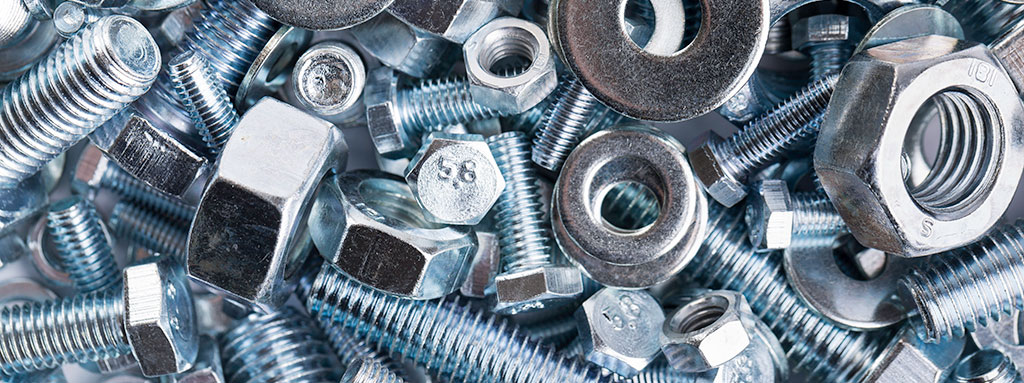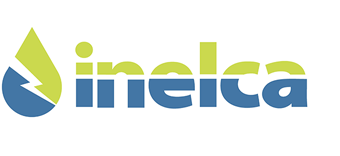Electrolytic Zinc
The electrolytic Zinc process consists in the deposition of metallic Zn by the passage of current within a specific electrolyte. In this way bright deposits of Zn are obtained on metal parts of different materials such as steel, zamak, brass, etc.

The purpose of Zn coatings is the corrosion protection of the material that is coated. This is achieved through two mechanisms:
1.- Physical barrier isolating the coated material against the oxidizing medium.
2.- Cathodic protection, with which the deposited layer of Zn acts as a sacrificial metal against the coated material, protecting it. This property is one of the main advantages of Zn coatings and their alloys over other types of coatings.
Among the advantages of the electrodeposited Zn coating, compared to other coatings, the low thickness necessary to obtain good corrosion protection (usually working in the range of 8 to 20 microns) stands out, the excellent adhesion with the base metal to coating, the protective capacity against sacrificial corrosion and the good reactivity for the application of passivation layers and subsequent seals.
The treatments of electrolytic Zn are applied both in static, by means of racks where the pieces are coated unitary, or in drums, where the treatment is in mass. For each piece the appropriate treatment method must be applied depending on its size, geometry, etc.
Passivations that are conversion coatings can be applied to the Zn tank through the use of CrVI salts to protect the tank against corrosion. These passivations are those that give the colour to the finish, being able to be bluish, iridescent yellow or black.
By applying seals in the final phase of the process, it is possible to increase the corrosion resistance both to white corrosion (coating corrosion), and to red corrosion (steel corrosion), as well as to parameterize the friction coefficient according to the specification requested.
- METHODRACK • BARREL
- +360 hoursMETAL CORROSION RESISTANCE
STANDARDS OF REFERENCE
- VW TL 217
- FORD WX100
- DBL8451
- BMW GS90010
- GME 00252
- GMW 3044
- Honda HES D2003-05
- Tesla TM 0009 FM
- PSA B 154101
- RENAULT 0171002 / 47-01-000
- VOLVO STD 5732-105
- Nissan M4040
- DIN 12329 / 50961
- ISO 19598 / 4042
NOTE: The information presented is general and in no case is contractual. It is necessary to confirm the data through results derived from tests on each piece individually.


